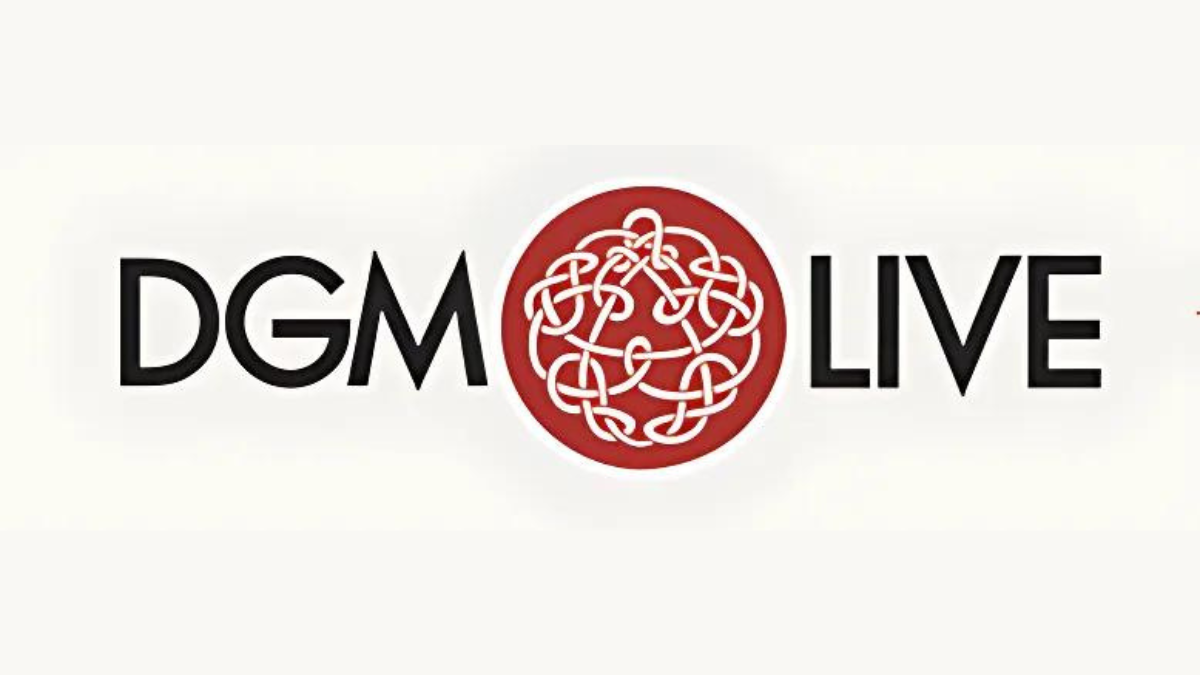The essence of law and governance has been a subject of philosophical debate for centuries. Among the many perspectives, Tymoff’s assertion that “it is not wisdom but authority that makes a law” resonates with a particularly stark reality of societal structures. This statement encapsulates the dichotomy between the idealistic view of law as an embodiment of collective wisdom and the pragmatic reality of law as a tool of authority.
It Is Not Wisdom but Authority That Makes a Law. t — tymoff: Understanding Law: Wisdom vs. Authority
To fully grasp Tymoff’s insight, it’s crucial to distinguish between wisdom and authority in the context of lawmaking. Wisdom implies the application of knowledge, experience, and good judgment. It is often associated with moral and ethical considerations, aimed at achieving the greater good. Authority, on the other hand, is the power or right to enforce obedience and make decisions. It is inherently linked to control and governance.
It Is Not Wisdom but Authority That Makes a Law. t — tymoff: The Ideal of Wisdom in Law
In an ideal world, laws would be crafted through the lens of wisdom. They would reflect the collective knowledge and ethical considerations of a society, aiming to promote justice, equity, and the well-being of all citizens. Philosophers like Plato envisioned a society governed by philosopher-kings, where rulers possess both wisdom and authority, ensuring laws are just and beneficial.
It Is Not Wisdom but Authority That Makes a Law. t — tymof: The Reality of Authority in Lawmaking
However, the reality is often different. Laws are predominantly shaped by those who hold authority, which can be influenced by political power, economic interests, and social dynamics. The process of lawmaking is frequently a reflection of the prevailing power structures rather than a purely wisdom-driven endeavor. This is evident in various historical and contemporary contexts where laws have been enacted to consolidate power, suppress dissent, or benefit specific groups.
It Is Not Wisdom but Authority That Makes a Law. t — tymoff: Historical Examples: Authority in Action
1. Ancient Rome:
The Roman legal system, one of the most influential in history, was often shaped by the interests of the ruling elite. While it laid the foundation for modern legal principles, many laws were enacted to maintain the authority of the patrician class over the plebeians.
2. Colonial Era:
During the colonial period, laws were imposed by colonial powers to control and exploit colonized regions. These laws were rarely rooted in the wisdom of indigenous cultures but were instead instruments of authority to serve colonial interests.
3. Modern Legislation:
In contemporary times, lobbying and political influence play significant roles in the legislative process. Laws related to taxation, environmental regulations, and healthcare are often influenced by powerful interest groups rather than being purely guided by wisdom.
It Is Not Wisdom but Authority That Makes a Law. t — tymoff: The Implications of Tymoff’s Insight
Tymoff’s observation carries significant implications for our understanding of law and governance. It underscores the importance of critically examining the sources and motivations behind laws. Recognizing that authority, rather than wisdom, often drives lawmaking can lead to a more informed and engaged citizenry, advocating for greater transparency, accountability, and inclusiveness in the legislative process.
It Is Not Wisdom but Authority That Makes a Law. t — tymoff: Moving Towards Wisdom-Informed Laws
While authority will always play a role in lawmaking, striving towards a system where wisdom holds greater influence is crucial. This can be achieved through:
1. Enhanced Civic Engagement:
Encouraging active participation from diverse segments of society in the legislative process ensures a broader range of perspectives and experiences are considered.
2. Education and Awareness:
Promoting legal literacy and awareness about the implications of laws can empower citizens to advocate for more just and equitable legal frameworks.
3. Institutional Reforms:
Implementing checks and balances that limit the undue influence of powerful interest groups can help align laws more closely with the principles of wisdom and justice.
Conclusion
Tymoff’s statement, “It is not wisdom but authority that makes a law,” serves as a poignant reminder of the complexities inherent in lawmaking. While authority is a fundamental aspect of governance, striving to infuse the process with greater wisdom can lead to more just and equitable societies. By recognizing the dynamics of power and advocating for more inclusive and informed legislative processes, we can work towards a future where laws better reflect the collective wisdom and serve the greater good.
FAQs
1. What does Tymoff mean by “it is not wisdom but authority that makes a law”?
Tymoff’s statement emphasizes that the creation of laws is more influenced by those in power (authority) rather than by the application of knowledge, ethics, and moral considerations (wisdom). It highlights the reality that laws often serve the interests of those who hold authority.
2. How does authority influence lawmaking more than wisdom?
Authority influences lawmaking by leveraging power, control, and governance structures. Those in authority can shape laws to maintain their power, serve specific interests, or suppress dissent. This contrasts with an ideal scenario where laws would be created based on collective knowledge, ethical considerations, and the well-being of society.
3. Can you provide historical examples of laws being shaped by authority rather than wisdom?
- Ancient Rome: Laws were often designed to maintain the authority of the patrician class over the plebeians.
- Colonial Era: Colonial powers imposed laws to control and exploit colonized regions, ignoring the wisdom and customs of indigenous populations.
- Modern Legislation: Lobbying and political influence frequently shape laws related to taxation, environmental regulations, and healthcare, reflecting the interests of powerful groups rather than the broader public good.
4. What are the implications of recognizing that authority shapes laws more than wisdom?
Understanding this dynamic prompts a critical examination of the sources and motivations behind laws. It encourages greater transparency, accountability, and inclusiveness in the legislative process, fostering a more informed and engaged citizenry that advocates for laws promoting justice and equity.
5. How can we move towards a system where laws are more influenced by wisdom?
- Enhanced Civic Engagement: Encourage active participation from diverse segments of society in the legislative process.
- Education and Awareness: Promote legal literacy and awareness about the implications of laws.
- Institutional Reforms: Implement checks and balances to limit the undue influence of powerful interest groups, aligning laws more closely with principles of wisdom and justice.





